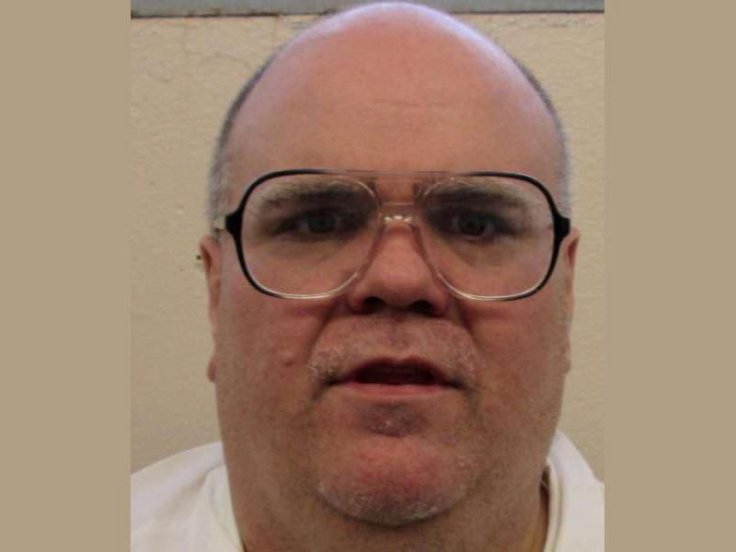Alabama officials called off the execution of Alan Miller, who was convicted of killing three people in a 1999 workplace shooting rampage, by lethal injection because of trouble accessing his veins and time constraints.
John Hamm, the Alabama Corrections Commissioner, said they had to halt the scheduled execution of Alan Miller after they could not get the lethal injection underway before a midnight deadline. He attributed this to time constraints resulting from the lateness of the court proceedings.
Hamm said the execution was called off once it was determined the condemned inmate's veins could not be accessed in accordance with their protocol before the expiration of the death warrant. He added that the execution team tried to establish an intravenous access but failed. "Accessing the veins was taking a little bit longer than we anticipated." Hamm highlighted that there are a number of procedures to be done before the team begins trying to connect the IV line.

This Changes Nothing
Alabama Governor Kay Ivey, in an official statement, said that despite the cancellation of the execution, nothing will change the fact that a jury heard the evidence of this case and made a decision. She pointed out that three families are still grieving.
"We all know full well that Michael Holdbrooks, Terry Lee Jarvis and Christopher Scott Yancey did not choose to die by bullets to the chest. Tonight my prayers are with the victims' families and loved ones as they are forced to continue reliving the pain of their loss," Ivey said.
Who is Alan Miller?
The 57-year-old received the death sentence after he was convicted of killing three people in a 1999 workplace rampage. Miller, a delivery truck driver, killed co-workers Holdbrooks and Yancy at a business in suburban Birmingham. He then drove off to shoot former supervisor Jarvis at a business where Miller had previously worked.

Prosecutors said he shot each man multiple times. Miller was captured after a highway chase. The trial heard that Miller believed the men were spreading rumours about him being gay. The defence hired a psychiatrist who found that Miller suffered from severe mental illness and delusions. However, it was established that his condition wasn't bad enough to use as a basis for an insanity defence under state law.
Execution Method - Nitrogen Hypoxia
Miller had requested his execution to be carried out using nitrogen hypoxia, a method legally available to him but never before used in the United States. When Alabama approved it as an execution method in 2018, state law gave inmates the opportunity to designate it as their execution method. Miller said he had turned in paperwork four years ago selecting nitrogen hypoxia and had put the documents in a slot in his cell door at the Holman Correctional Facility for a prison worker to collect.
Nitrogen hypoxia is a proposed execution method in which death is caused by forcing the inmate to breathe only nitrogen. This is authorized for executions in three states but none have actually used this method.
On Tuesday, US District Judge R. Austin Huffaker Jr. Issued a preliminary injunction blocking the state killing Miller by any means other than nitrogen hypoxia after finding that it was substantially likely that the inmate had submitted a timely election form even though the State says that it does not have any physical record of a form.
Miller is alive and back in his cell at the Holman Correctional Facility.








